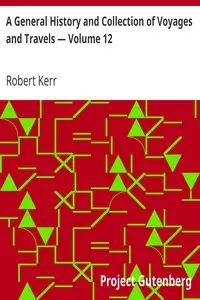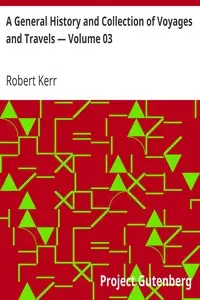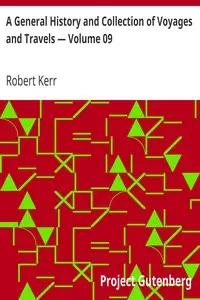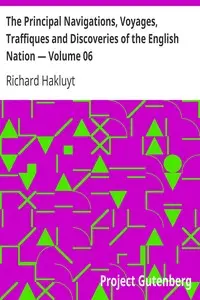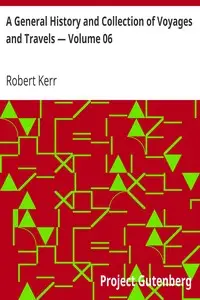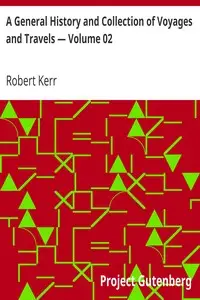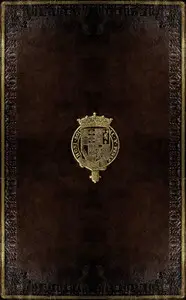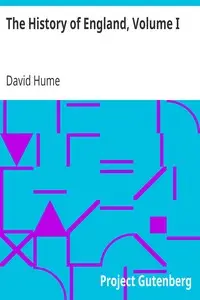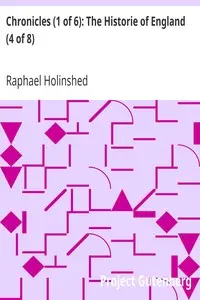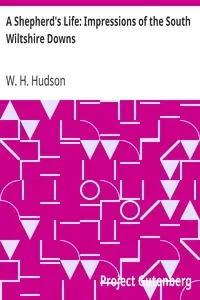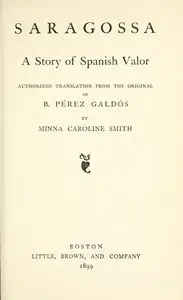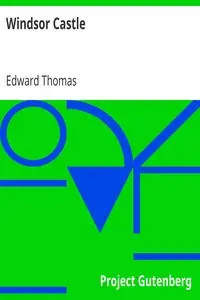"Miscellanea Curiosa, Vol. 3" by the Royal Society compiles accounts of journeys and natural phenomena documented in the late 17th century. This volume draws readers into a world of exploration and discovery, where factual storytelling meets the burgeoning spirit of scientific inquiry. Starting with an advertisement touting the latest globes reflecting recent geographic and astronomical findings, the text then presents first-hand travel voyages for the Royal Society. Thomas Smith's detailed log of a voyage from England to Constantinople in 1668 introduces the perils and wonders witnessed by sailors. Through observations on weather, sea conditions, and vivid landscapes, this collection captures the real-world experiences that helped shape early scientific understanding.
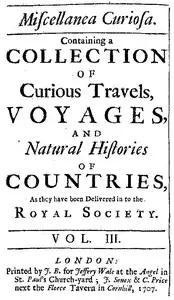
Miscellanea Curiosa, Vol. 3 containing a collection of curious travels, voyages, and natural histories of countries as they have been delivered in to the Royal Society
By Royal Society (Great Britain)
Embark on perilous voyages and witness strange new worlds through the eyes of early scientists documenting their discoveries for the Royal Society.
Summary
About the AuthorThe Royal Society, formally The Royal Society of London for Improving Natural Knowledge, is a learned society and the United Kingdom's national academy of sciences. The society fulfils a number of roles: promoting science and its benefits, recognising excellence in science, supporting outstanding science, providing scientific advice for policy, education and public engagement and fostering international and global co-operation. Founded on 28 November 1660, it was granted a royal charter by King Charles II and is the oldest continuously existing scientific academy in the world.
The Royal Society, formally The Royal Society of London for Improving Natural Knowledge, is a learned society and the United Kingdom's national academy of sciences. The society fulfils a number of roles: promoting science and its benefits, recognising excellence in science, supporting outstanding science, providing scientific advice for policy, education and public engagement and fostering international and global co-operation. Founded on 28 November 1660, it was granted a royal charter by King Charles II and is the oldest continuously existing scientific academy in the world.

